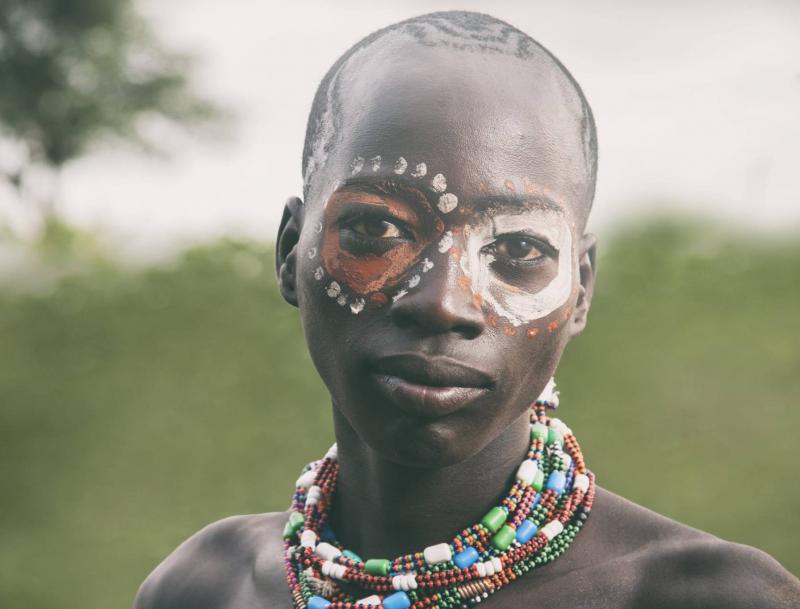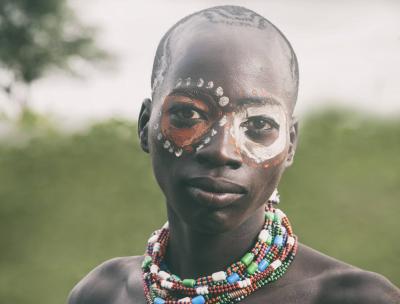Wife inheritance remains an age-old tradition in many African societies, particularly in areas where values and customs prioritize family and tribal interests, compelling young people to sacrifice and take on the responsibility of keeping the deceased's children and wealth within the family. Despite advancements in Sub-Saharan African societies, with some managing to shed many ancient customs, the practice of wife inheritance continues to be resilient, increasingly asserting itself in rural communities that hold their traditions in high esteem.
This custom requires a man, whether young or already married, to take on the widow of a deceased relative in order to preserve the inheritance of the departed within the family, be it land, children, wealth, or even social status within the tribe or clan. The more a man, often the deceased's elder brother or cousin, shows respect for this custom and expresses a desire to fulfill it, the more he is esteemed by his family circle, as he prioritizes the family's general interest over his personal life. Often, this custom affects the happiness and choices of young individuals in their lives. Conversely, if a man rejects the legacy of his relative by not marrying the widow, he remains excluded from many positive opportunities that could enhance his social standing within his tribe, as he would have rejected the family's wishes and the well-established tribal customs.
In this regard, Senegalese researcher Mamadou Traoré sees wife inheritance in many communities as a practice that meets the family's and tribe's needs, thus being imposed as a social norm. However, it frequently does not align with the individual’s wishes, whether it’s the man who must accept inheriting another man's wife or the widow who may wish to retain her freedom to honor her deceased husband’s memory or to start a new family away from her previous surroundings.
The researcher emphasizes that tribes in the Sub-Saharan region view acceptance of such marriages as a display of respect and gratitude towards the family and tribe, often disregarding the individual's preferences or desires for their personal family structure. He states, “For some tribes, this custom does not mean transferring properties and inheritance from a deceased person to a living one, but primarily transferring status, function, and social role... In African tradition, maintaining large extended families is a challenging task, especially if the deceased enjoyed social status or religious significance, where these roles most often pass to his heir... therefore, preserving the inheritance within the family signifies preserving status, lineage, and prestige.”
He notes that inheriting entails performing social and functional duties, along with financially supporting the family. Inheritance doesn’t always mean taking possession of the deceased's assets and managing the widow's and children’s estate; rather, it often demands that the man accepting this inheritance take responsibility for the deceased’s family and fulfill all their needs, including developing their business or agriculture.
In African tradition, it is the "elder brother" who is assigned the role of marrying his brother's widow and caring for the children. According to African custom, the term "elder brother" extends beyond just a biological sibling to include cousins and sons of the deceased's brothers. Based on the social norms that governed African communities, marriage is seen as an agreement and union between families, clans, and communities, thus the death of one partner should not dissolve this union. Hence, the best way to ensure its continuity is for a man from the family to take on the deceased's role, acting as a spouse, father, and caretaker for the family.
Some tribes believe that failing to honor this custom could expose the family to the curse of the dead, compelling them to exert all their strength and influence to ensure the success of such marriages, fearing "the wrath of the deceased" should the widow and their offspring be neglected. Despite the evolution seen in traditional societies, many tribes view wife inheritance as a means of protecting widows and orphans.




